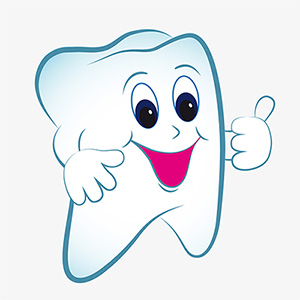A periodontist is a dentist who specializes in periodontal disease. This includes the prevention, diagnosis and treatment of gum disease as well as performing dental implant procedures.
What procedures does a periodontist perform?
Some of the treatments that a periodontist specializes in include:
- Scaling and root planning – This is a procedure where plaque and tartar are removed from deep under the gumline.
- Tray delivery systems – This process consists of fitting a custom tray to your teeth that delivers prescription antibiotic medication to help fight infection.
- Gum grafting – This procedure, also know as gum contouring, is where healthy tissue is taken from the mouth and relocated to the gumline where receding has occurred.
- Laser treatments – Lasers are often used to remove tooth decay and reshape the gums during procedures.
- Regenerative procedures – Periodontists can implement techniques that encourage new tissue and bone growth.
- Dental crowns – Dental crowns can be installed for cosmetic purposes to improve the look of a tooth or for functional purposes when a filling is no longer an option due to limited tooth structure.

- Dental implants – Dental implants are installed to replace missing teeth for both cosmetic and functional purposes. They use a device that looks like a screw to create artificial roots.
- Periodontal pocket reduction – This procedure reduces the space around the root of the tooth to help limit bacterial growth.
What is the difference between a dentist and a periodontist?
While a dentist can treat mild cases of onset periodontal disease, a periodontist is more suited to treat challenging cases. This is because they have extensive training in providing services for soft tissue and bone that support the teeth. In addition to attending dental school, a periodontist must also complete 2-3 additional years of education and training in periodontics. This is where they learn to perform scaling and root planning, surgical procedures, and dental implant placement.

Did you know?
When should you see a periodontist?
If you visit the dentist for regular dental checkups, it’s likely that they would refer you to a periodontist if needed. Seeing a dentist regularly for cleanings will help prevent and detect early signs of periodontal disease. If your dentist feels that your symptoms are beyond repair with basic treatments, they will recruit the expertise of a periodontist for specialized care.
